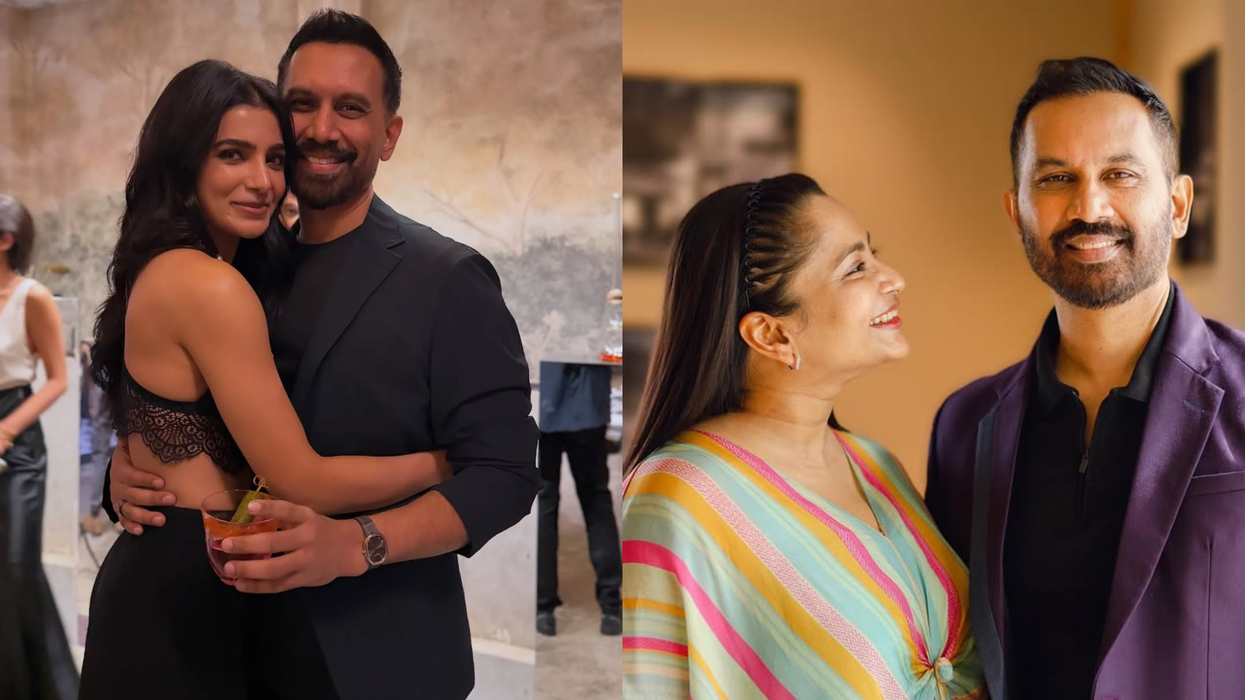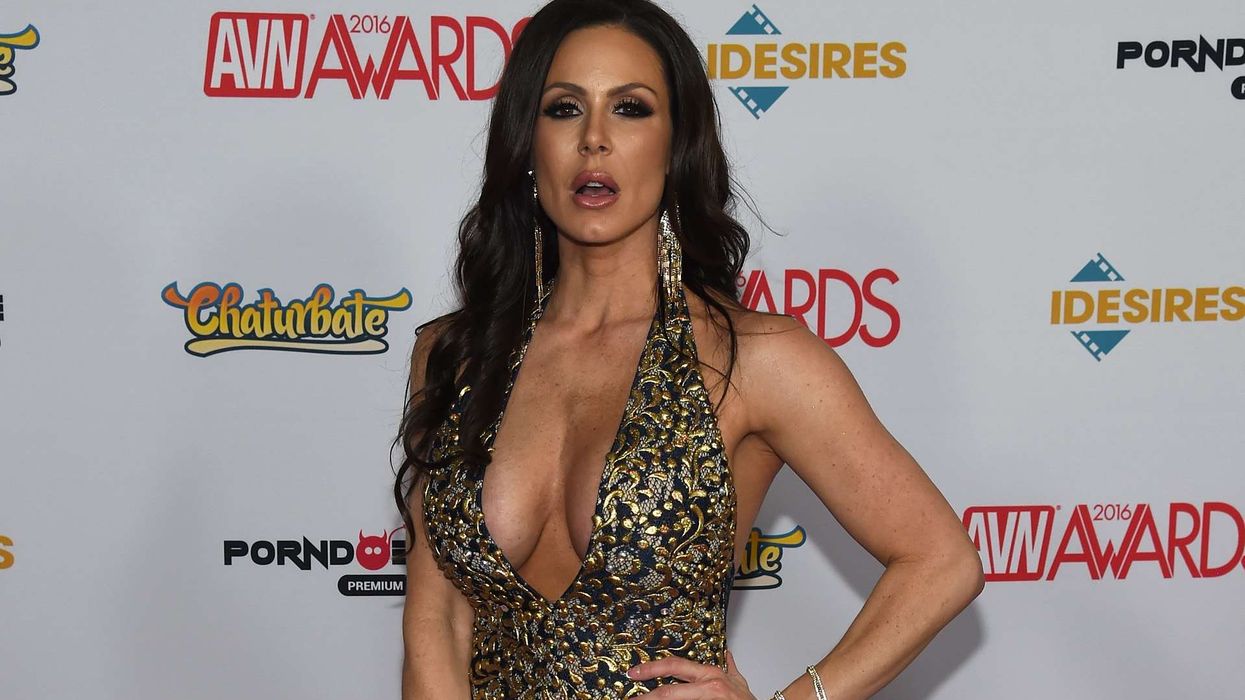ONE of the most recognisable faces on British television news, Krishnan Guru-Murthy has been in the public eye since his teenage days. He cut his TV teeth in 1988 on the BBC2 discussion programme Open to Question and the youth current affairs programme Reportage. As an Oxford student he fronted the Asian current affairs programmes East and Network East and then worked on the BBC children's programme Newsround. He joined Channel 4 News in 1998, and has been a familiar face on the programme ever since.
In June, he hosted the Channel 4 leaders’ debate with five of the six candidates vying to be Conservative Party leader (and PM) appearing, though Boris Johnson declined to take part.
Guru-Murthy also appeared on a celebrity version of Channel 4’s Bake-Off during the spring when his lemon drizzle cake was memorably knocked over by show host Sandi Toksvig. This culinary calamity prompted the hashtag #CakeGate on social media
More seriously, as well as presenting Channel 4 News, Guru-Murthy can also be seen on Unreported World, Channel 4’s new documentary programme specialising on global stories. He also heads up the podcast, Ways to Change the World, which began in March of last year.
Noted for his no-nonsense interview technique, Guru-Murthy does not shy away from asking tough questions. This can sometimes lead to clashes. On one occasion, Hollywood star and Iron Man Robert Downey Junior walked out on Guru-Murthy after taking exception to a question about his personal life. It should perhaps be noted that Downey has substance issues and has talked about them in the past. In another memorably fractious encounter, movie director Quentin Tarantino refused to answer a fairly standard question about the possible link between on-screen violence and actual violence during an interview about his 2013 film Django Unchained. “I am shutting your butt down,” the iconic film-maker spat at the laconic Guru-Murthy who, maintaining his characteristic composure, went on to elicit some revealing, entertaining and co-operative responses from his subject during the rest of the interview.
Guru-Murthy’s interview with Conservative MP Ben Bradley in March is also regarded as something of a classic. The Mansfield MP had voted Remain but has since backed Leave, though without always voting with the Government, prompting Guru-Murthy to ask: ‘Why do you get to change your mind?”
An incisive and tenacious interviewer, the format of Ways to Change the World offers its subjects time and the emotional space to engage in discussion and reflection. “This new podcast wants to help you go much deeper and discuss answers, not problems,” says the preamble to the shows.
It obviously eschews soundbites and some interviews are more than an hour long and can also be viewed online as well as being presented in a traditional podcast format.
In the summer, one of Guru-Murthy’s guests was the highly successful black actor David Harewood (Homeland, Entertaining Mr Sloan, Othello). Harewood had earlier made a documentary for BBC2 entitled Psychosis and Me, in which he recounted how as a young man in his 20s, and recently graduated from RADA (The Royal Academy of Dramatic Art), he suffered a complete psychotic breakdown. Guru-Murthy got Harewood to elaborate further on the traumatic experience of being restrained by police and sectioned in a mental hospital and then probed deeper to explore the subject of race and how Harewood’s sense of self was subverted by racism while growing up and how that contributed to his breakdown.
This style of questioning by Guru-Murthy contrasts with the more confrontational approach he sometimes adopts on Channel 4 News in that is gentle, soft and very patient.
A patron of the Duchenne Children’s Trust, Guru-Murthy created the Duchenne Dash, a London to Paris charity cycle ride that has be completed in 24 hours.
Guru-Murthy grew up in Blackburn and his siblings are also high-fliers. Sister Geeta is a regular on BBC News and brother Ravi worked for David Miliband when he was a Labour MP and moved with him to New York to become chief innovation officer of International Rescue Committee, the global disaster rescue charity now run by Miliband. Guru-Murthy is married and has two children.







